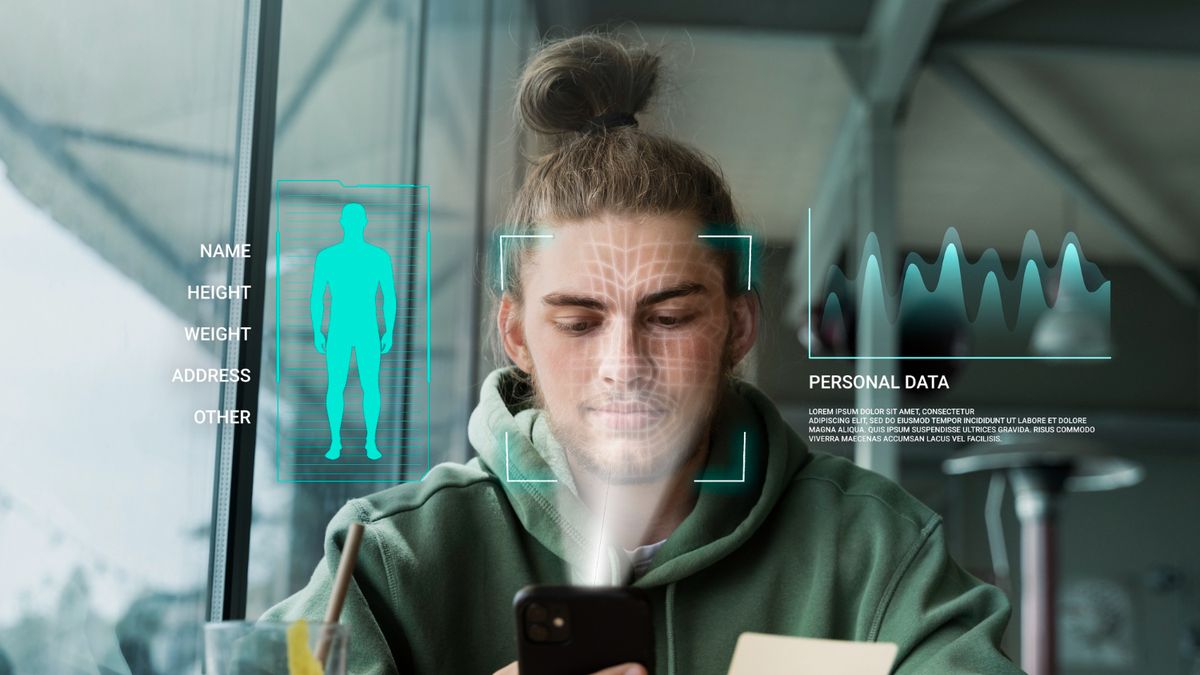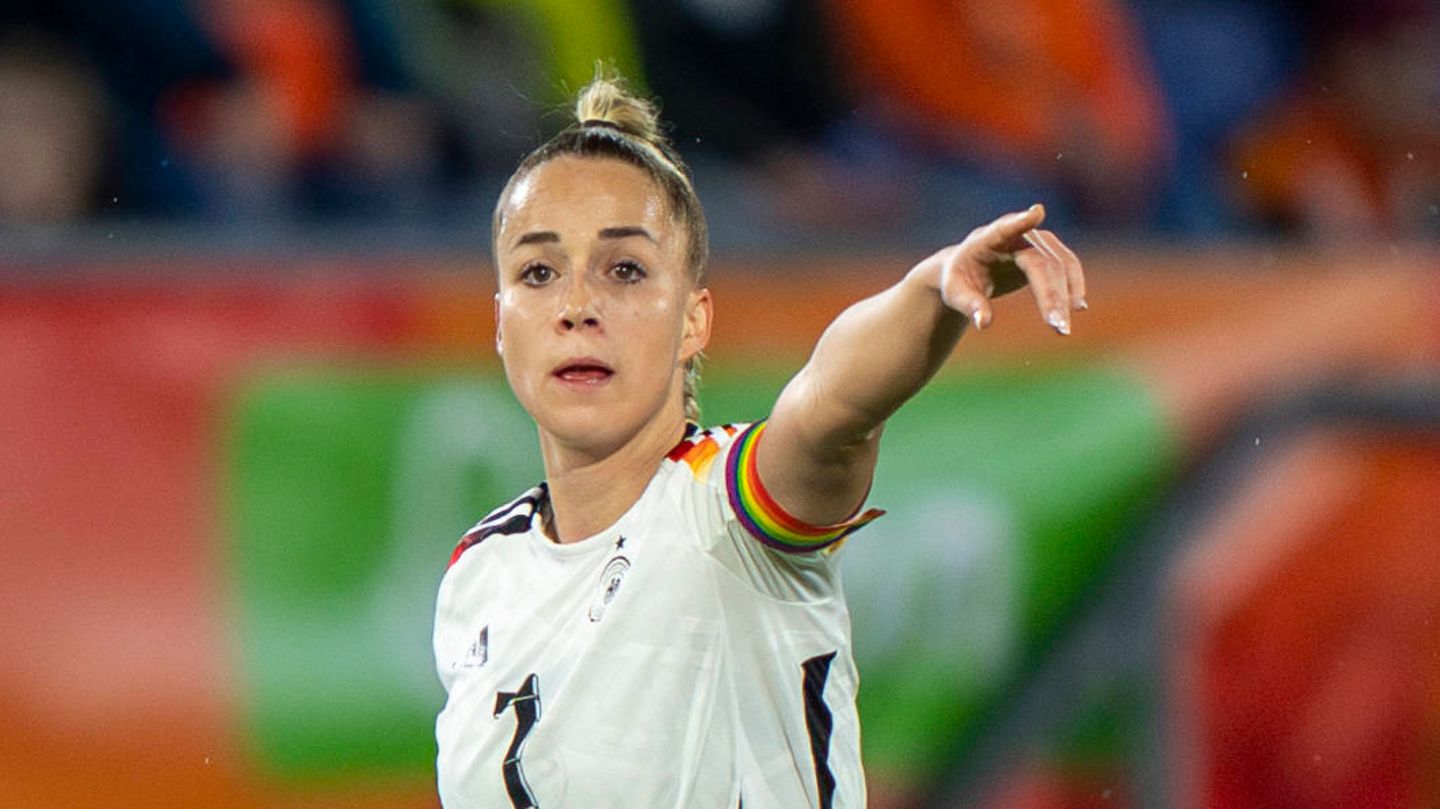The Parliament’s Special Futures Committee begins to discuss this Thursday the bill that aims to combat the “deepfake” in electoral campaigns Uruguay, in a context in which new technologies are increasingly present in the world and in the country.
From images created with Artificial Intelligence (AI) to campaign spots starring political figures from the past—already deceased—, to songs created from news and a specific slogan, the “deepfake”, That is, a video, image or audio generated that imitates the appearance and sound of a person makes it increasingly difficult to detect what is “real” from what is artificially created with technology.
In this scenario, the Special Futures Commission of the Parliament, made up of both deputies and senators, begins to discuss the bill to combat deepfakes in the campaign, presented by the legislator of the Rodrigo Goñi National Partypresident of the commission as well.
As the deputy explained to Radio Carve, the emergence of technological tools linked to AI presents a “change in the rules of the game” due to the eventual manipulation of messages, images and videos through these mechanisms, a situation “that requires concrete measures.”
The project “is called ‘against deepfakes’ because it deals with the falsification that is generated by Artificial intelligence, a deep falsification that makes another say or do things that they neither said nor did,” Goñi explained, adding that “all the parliaments that have elections this year are addressing projects that seek to prevent and minimize the risks of a falsification that could lead to such confusion as to distort the electoral results.” Above all, in a scenario of rapid development, dissemination and access of this type of digital tools.
What is the project?
As Goñi explained, the bill proposes the prohibition of a deepfake without identifying the use of AI. “All types of parody, satire or falsification are left out in which it is identified that this content has been made with AI. The mechanism allows the use of those systemsbut raises the prohibition of cheating”he added.
The text consists of a article unique, which establishes that “anyone who, without authorization and through the use of artificial intelligence or other computer systems, generates, modifies or manipulates audio or audiovisual content with the intention of falsely presenting the image or voice of a political candidate during an electoral period, with the purpose of damaging his public image or deceiving voters, will be punished with one year in prison to six months in penitentiary.
Likewise, it adds that “the same penalty will be applied to whoever publicly disseminates such false content through digital media with the purpose of generating electoral misinformation.” Although he clarifies that “it will not constitute criminal conduct when the content has a clear identification that it was generated artificially or manipulated.”
Regarding the support of the legislators, Goñi pointed out that the entire government coalition would vote in favor of the project, while the Wide Front He expressed himself positively, although he stated that he will make modifications. “But there is a favorable environment because we are seeking to protect the transparency of the democratic system and the elections”, he closed.
Source: Ambito




